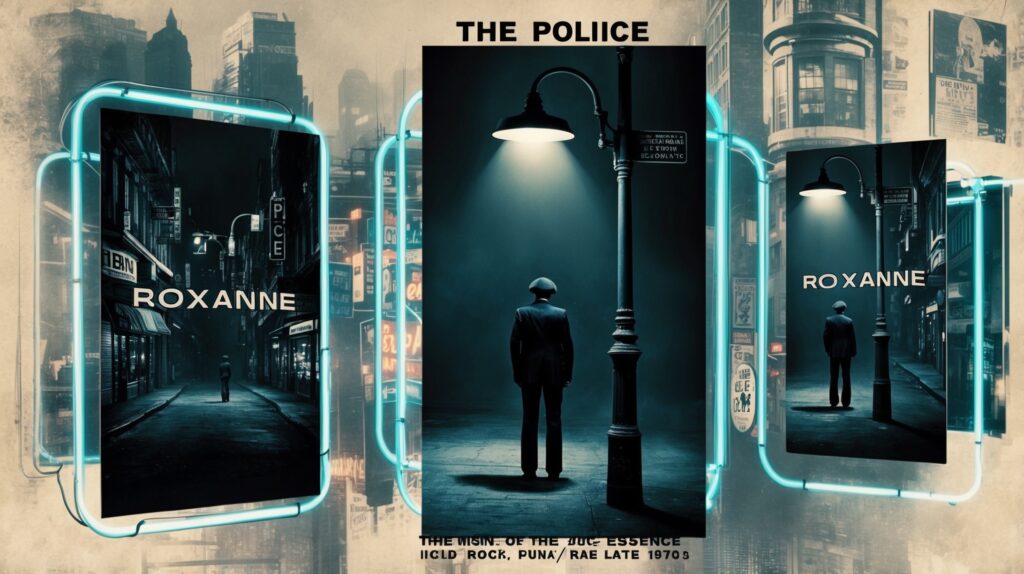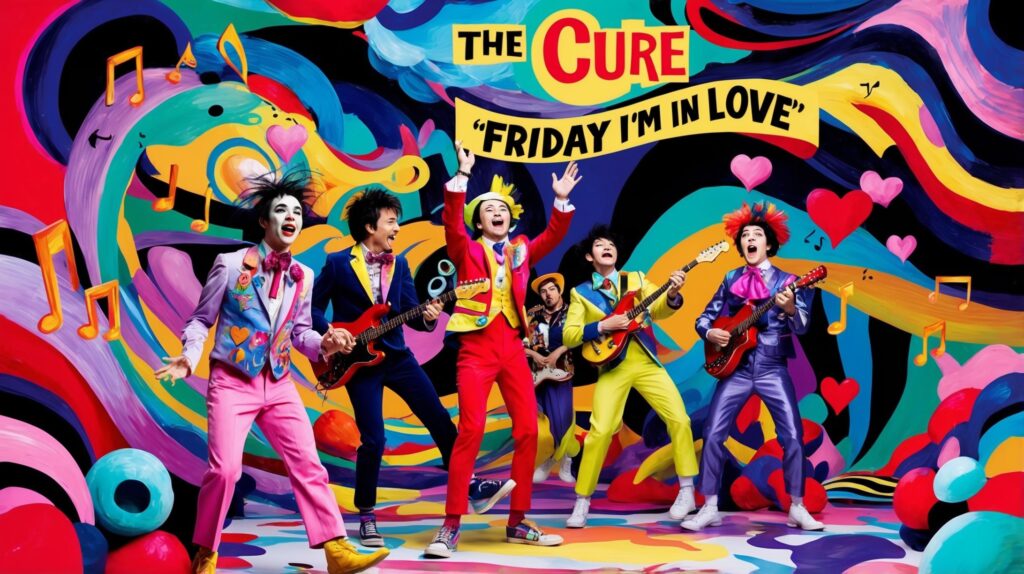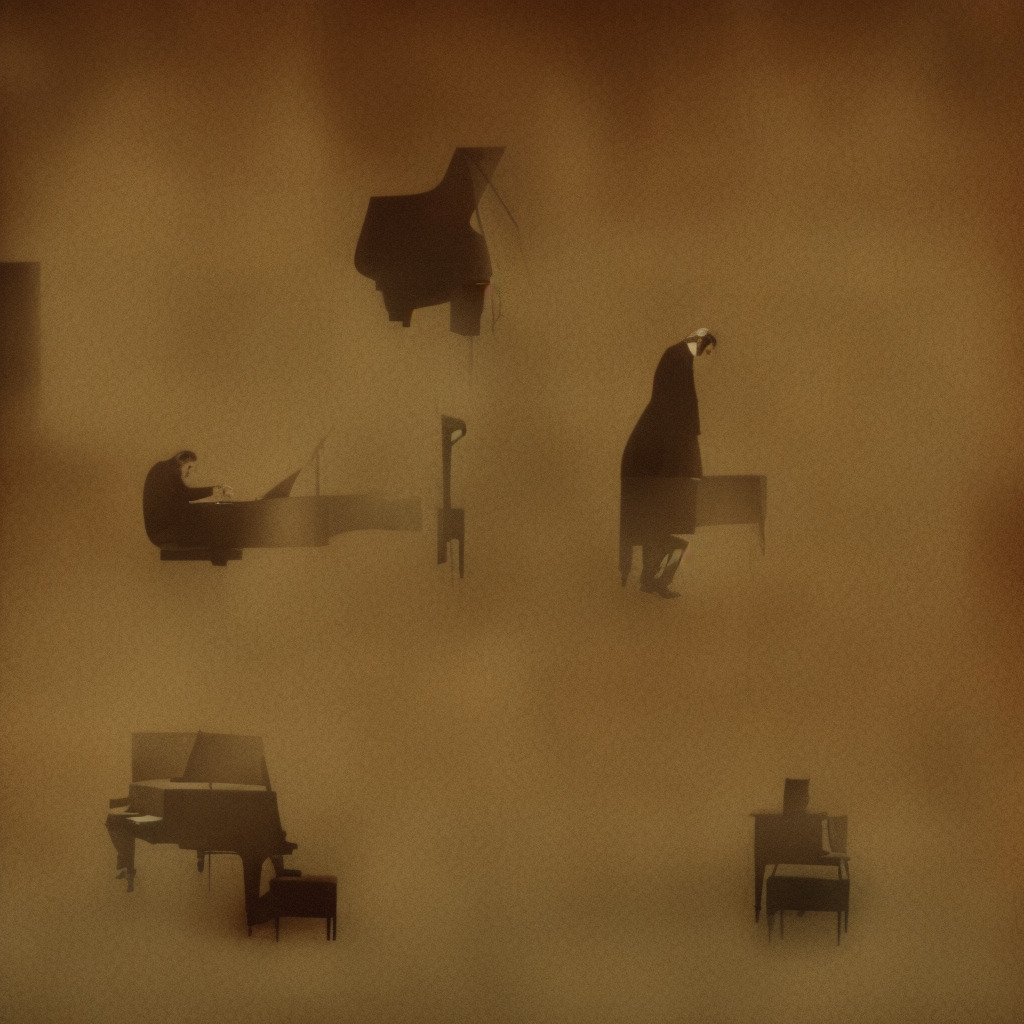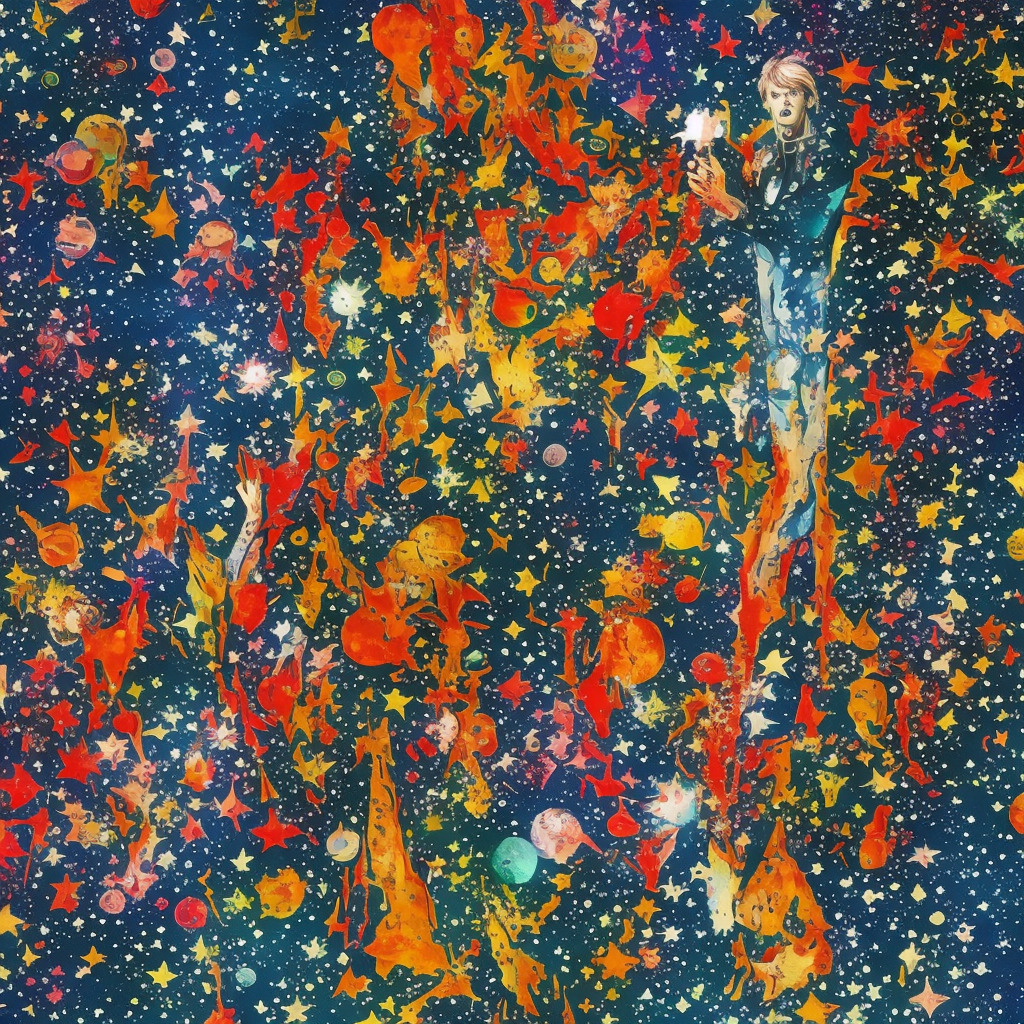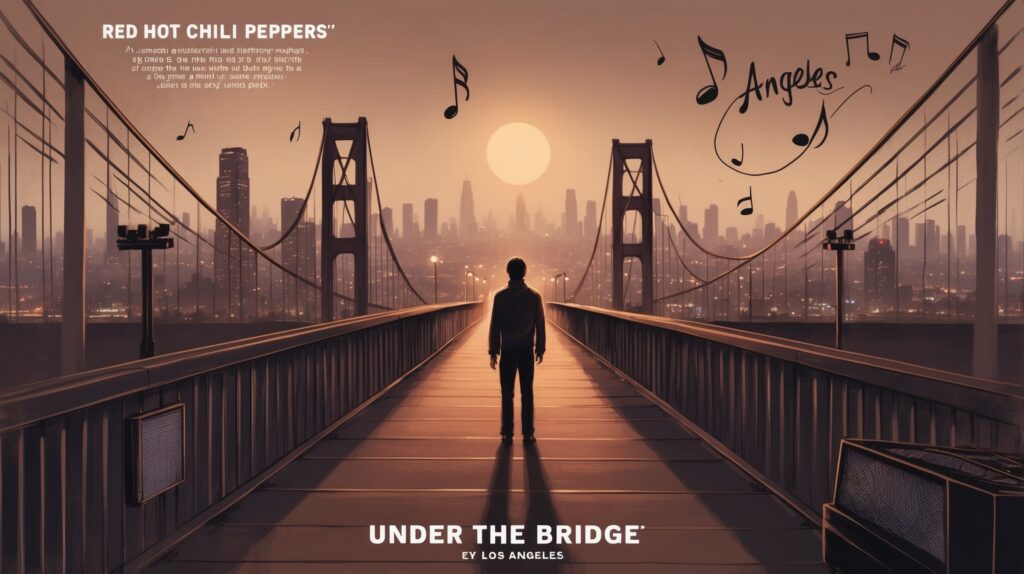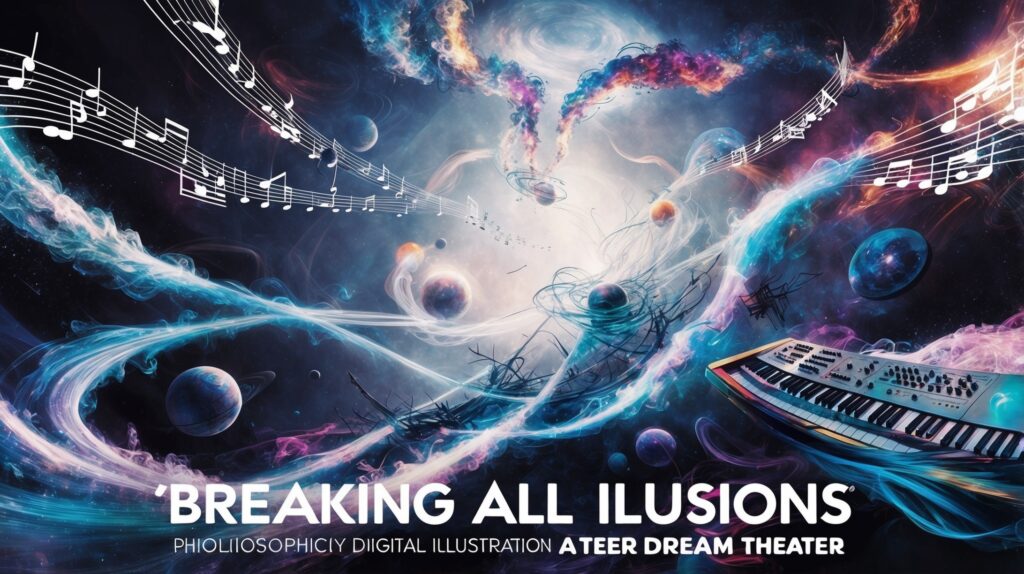The Evolution of The Police: From Humble Beginnings to Rock Royalty
The Police, formed in the late 1970s, rose to international fame with ‘Roxanne’. Combining rock, punk, and reggae influences, they became a pioneering force in the music industry.
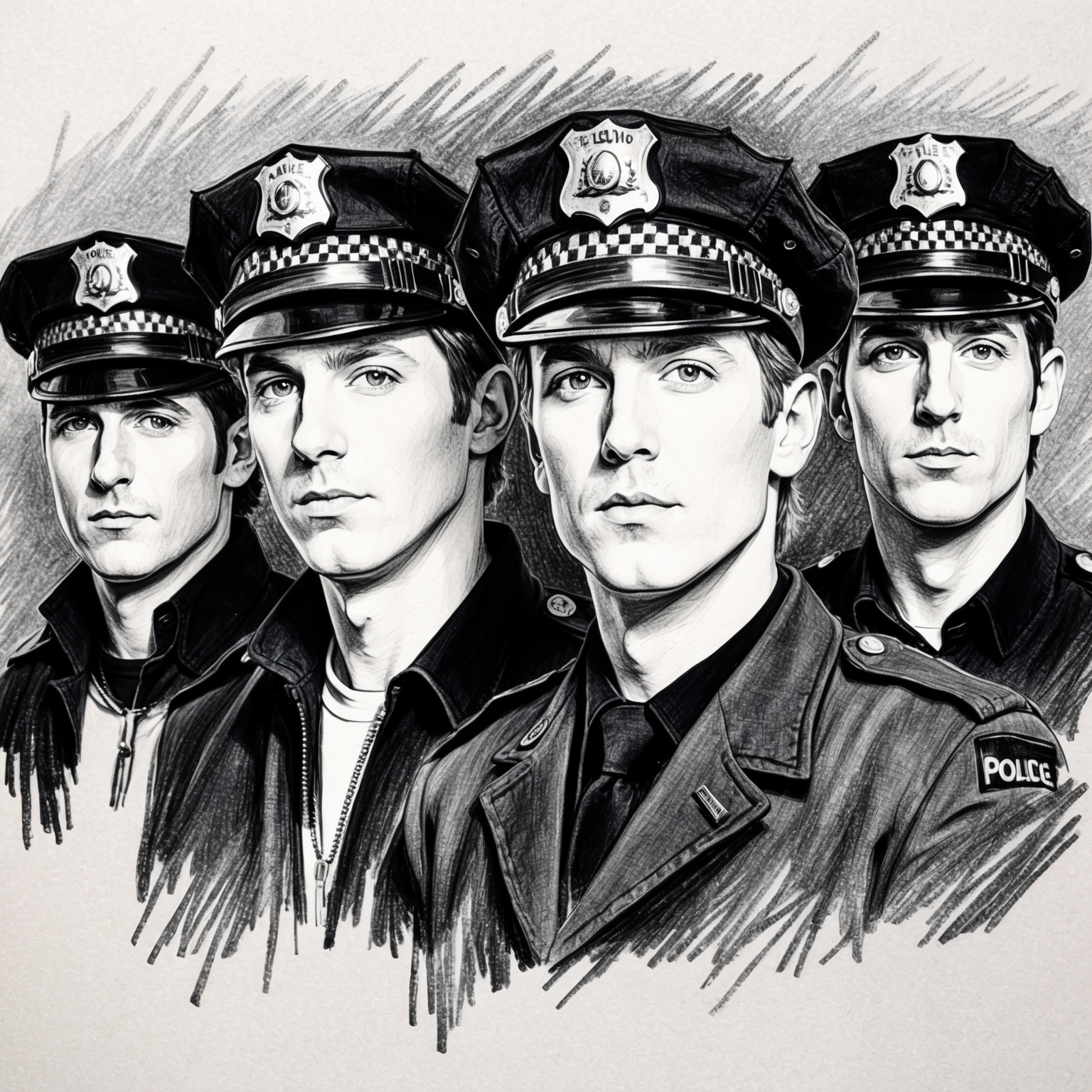
The Police, a powerhouse rock band that emerged in the late 1970s, were comprised of three remarkably talented musicians: Sting (Gordon Sumner), Andy Summers, and Stewart Copeland. This British band quickly surged to prominence in the music scene, redefining the landscape with their distinctive style and musical prowess. The song ‘Roxanne’ played an integral role in catapulting The Police to international stardom, establishing them as one of the most innovative and influential bands of their time.
Before their fame, each member of The Police had their own journey in the music industry. Sting, the charismatic lead vocalist and bassist, was initially a jazz musician playing in local clubs around Newcastle upon Tyne. Andy Summers, known for his intricate guitar work, had a background in rock and had been part of several bands, while Stewart Copeland, the dynamic drummer, was honing his craft in London. This diverse blend of influences and experiences enriched their music, allowing them to create a unique sound that seamlessly fused rock, punk, and reggae.
The release of ‘Roxanne’ in 1978 marked a turning point for The Police, challenging both the norms of mainstream rock and the boundaries of their own creativity. The song’s modern take on romantic storytelling combined with a reggae-infused rhythm was a refreshing departure from the conventional music of the era. As ‘Roxanne’ began gaining popularity, it became evident that The Police had touched a chord with audiences worldwide, leading to critical acclaim and a devoted fan following. The Police’s impact on the music world extended far beyond their immediate success, and their legacy continues to influence artists across genres today.
The Brilliance Behind the Melody: The Composer of ‘Roxanne’
Explore the genius of Sting, the composer behind ‘Roxanne,’ and his remarkable journey from jazz-influenced beginnings to shaping rock music with The Police.

‘Roxanne’ is a song forever embedded in the fabric of rock music history, but who was the creative genius behind its composition? The answer is Sting, born Gordon Matthew Thomas Sumner, a man whose influence and versatility extend far beyond his time with The Police. Delving into his background reveals a musical journey marked by experimentation and innovation.
Sting’s musical career took flight in the 1970s, setting the stage with The Police in 1977. His early immersion in jazz and his understanding of its intricate structures significantly shaped his songwriting skill. A recipient of multiple awards, including several Grammys, Sting’s education in diverse musical genres gave him the ability to seamlessly blend rock with reggae, jazz, and world music sounds, pioneering a distinctive style that he brought into ‘Roxanne.’
As the principal songwriter for The Police, Sting’s role was pivotal in crafting the melodies and arrangements that made ‘Roxanne’ an enduring classic. His ability to infuse raw emotion into his compositions without overwhelming technicality speaks volumes about his skill as a composer. The narrative of the song, underscored by his penchant for compelling hooks and rhythms, showcased the perfect synthesis of lyrics and melody—an art Sting mastered over the decades.
The Legacy of ‘Roxanne’: Accolades, Covers, and Cultural Impact
Roxanne’ by The Police is a timeless classic that has earned its place in the music hall of fame through various accolades, an array of cover versions, and appearances across popular culture.
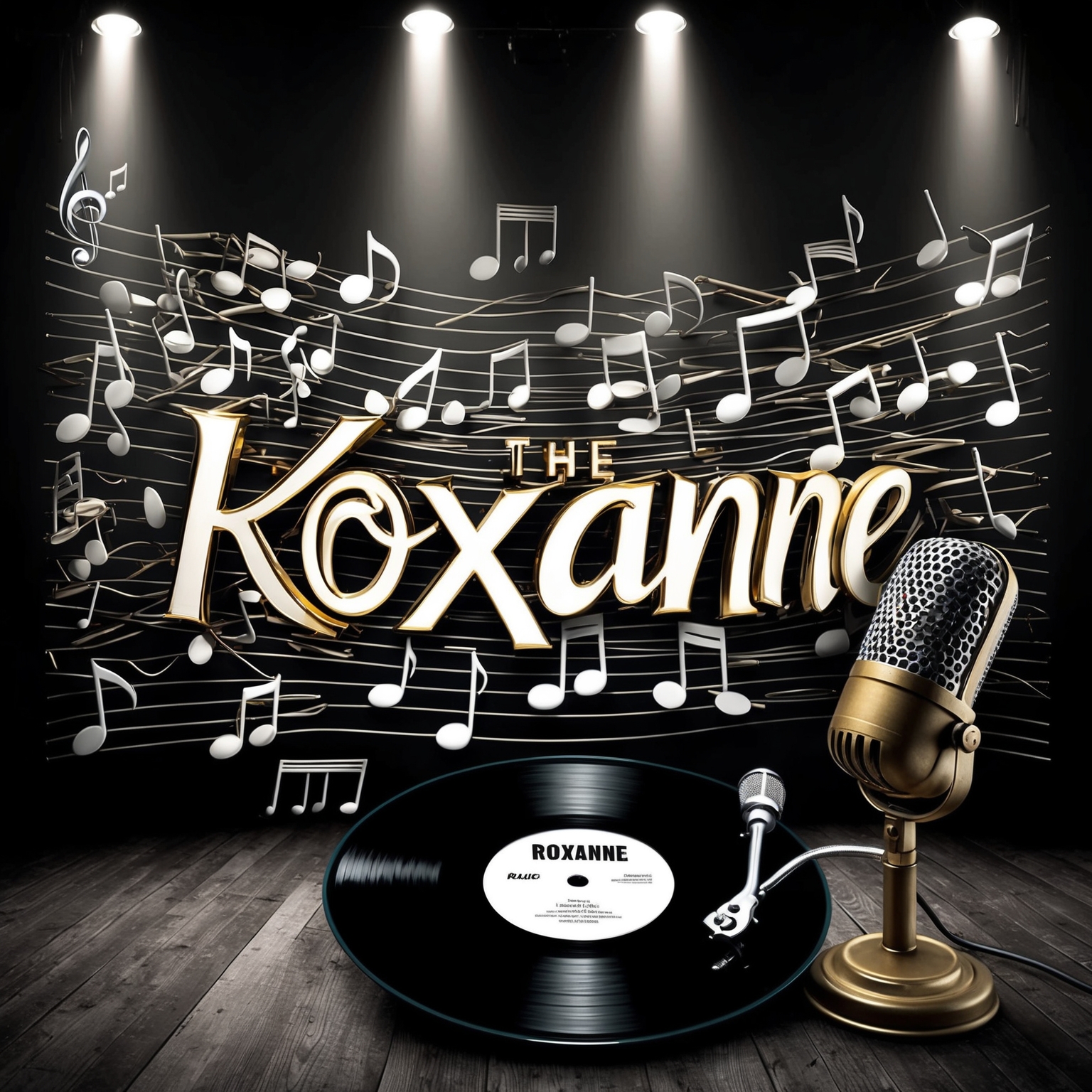
While ‘Roxanne’ is one of the defining songs of The Police’s esteemed career, its recognition extends beyond critical acclaim, reaching into the heart of pop culture and music reinterpretation. Released in 1978, ‘Roxanne’ quickly established itself as a timeless classic that has garnered numerous accolades. Though the song itself did not win any notable awards upon its initial release, it has since been hailed as a pop and rock staple, frequently appearing on many ‘greatest songs’ lists, including Rolling Stone’s ‘500 Greatest Songs of All Time.’
The timeless appeal of ‘Roxanne’ has led to numerous cover versions by artists across diverse musical genres. One of the most iconic covers came from George Michael, whose rendition showcased the song’s versatility and emotional depth. Other notable artists include Fall Out Boy, who added their own punk-infused twist, and the British musician, Anka, who transformed it into a jazzy lounge number, demonstrating the song’s adaptability and enduring appeal. Each of these covers has paid homage to the original while introducing ‘Roxanne’ to new audiences.
Beyond its musical accolades, ‘Roxanne’ has left a significant footprint in popular culture. The song has been featured in a wide variety of media, from movies like ‘Moulin Rouge!’ to TV shows such as ‘The Office.’ Its catchy melody and poignant lyrics ensure that it remains a relevant part of the cultural lexicon, making appearances in both video games and commercials as well. In essence, ‘Roxanne’ is more than a song; it’s a cultural phenomenon that continues to resonate across generations.
A Journey to Chart Triumph: Analyzing ‘Roxanne’ by The Police
Explore the chart success of ‘Roxanne’ by The Police, from its modest beginnings to its recognition as a groundbreaking hit that propelled the band into the spotlight.
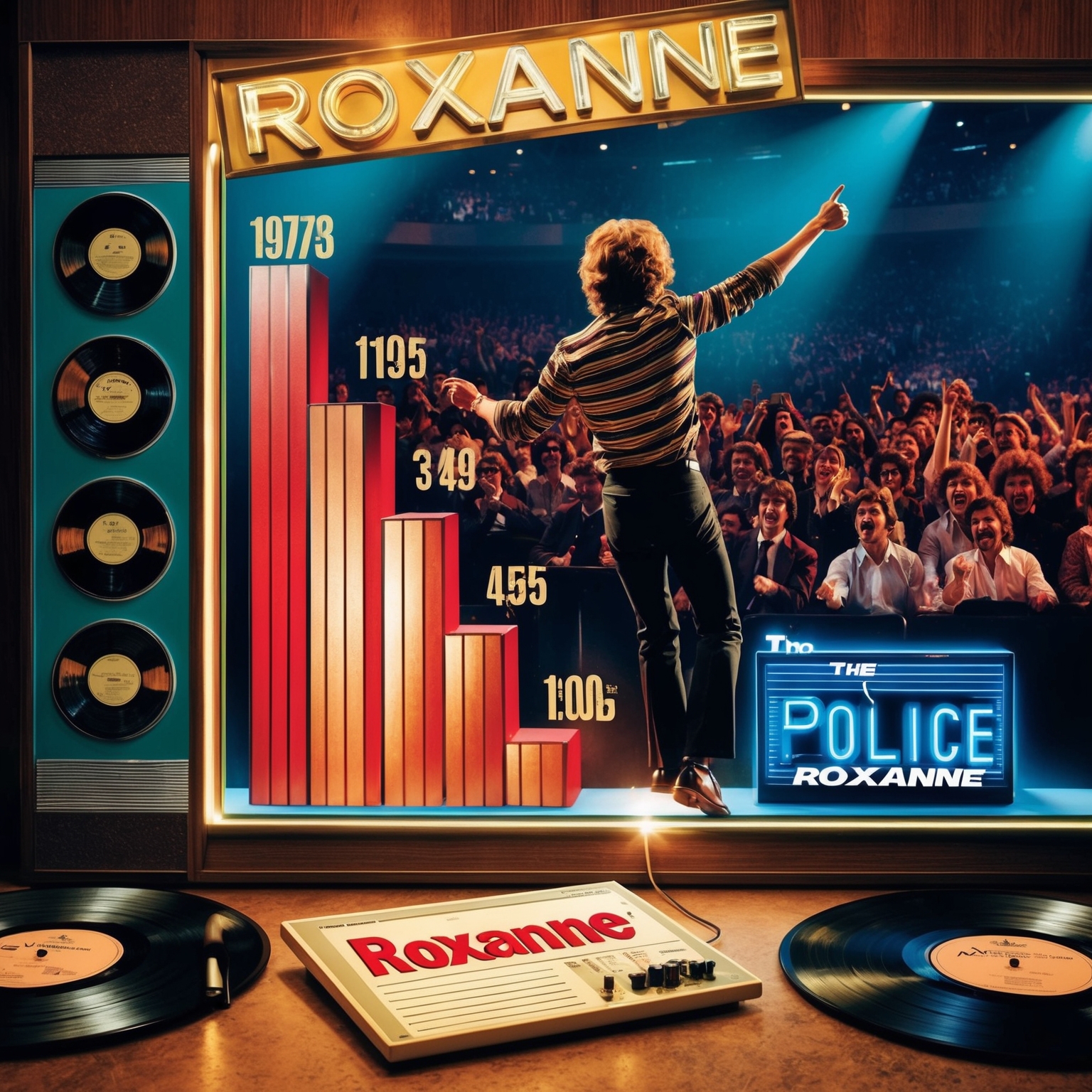
When ‘Roxanne’ by The Police was released in 1978, it gradually became a critical milestone in the band’s career. Initially, the song did not chart well, peaking at a modest number 32 in the UK Singles Chart during its initial release. However, thanks to relentless touring and word-of-mouth, the track’s popularity surged, leading to its re-release in 1979, where it eventually peaked at number 12 on the UK Charts and number 32 on the Billboard Hot 100 in the United States. This song’s chart success was a testament to its growing influence and the recognition of The Police as an emerging powerhouse in the rock genre.
Compared to other tracks in the same period, ‘Roxanne’ carved a niche with its fresh reggae-rock fusion, setting it apart from the disco dominance of the times. It wasn’t just about chart numbers; the song’s success was pivotal for the band, marking The Police’s breakthrough into the mainstream music scene. Prior to ‘Roxanne,’ the band had a relatively low profile internationally, but this hit catapulted them into the limelight and laid the groundwork for future hits that would solidify their status as rock icons.
The marketing strategy for ‘Roxanne’ played a significant role in its eventual triumph. Although budget constraints limited extravagant campaigns, the song was heavily promoted through live performances and radio airplay. Music critics and fans alike praised the band’s raw sound and the song’s bold narrative. Despite its slow initial climb, ‘Roxanne’ received positive reviews, which fostered a deep connection with listeners, contributing to its lasting legacy. Over time, ‘Roxanne’ has become a beloved classic, inspiring countless artists, and maintaining a strong presence on streaming platforms worldwide.
Exploring the Visual Journey of ‘Roxanne’
Though ‘Roxanne’ lacks an official music video, fan interpretations and live performance clips visually encapsulate the song’s emotional themes and enduring appeal.
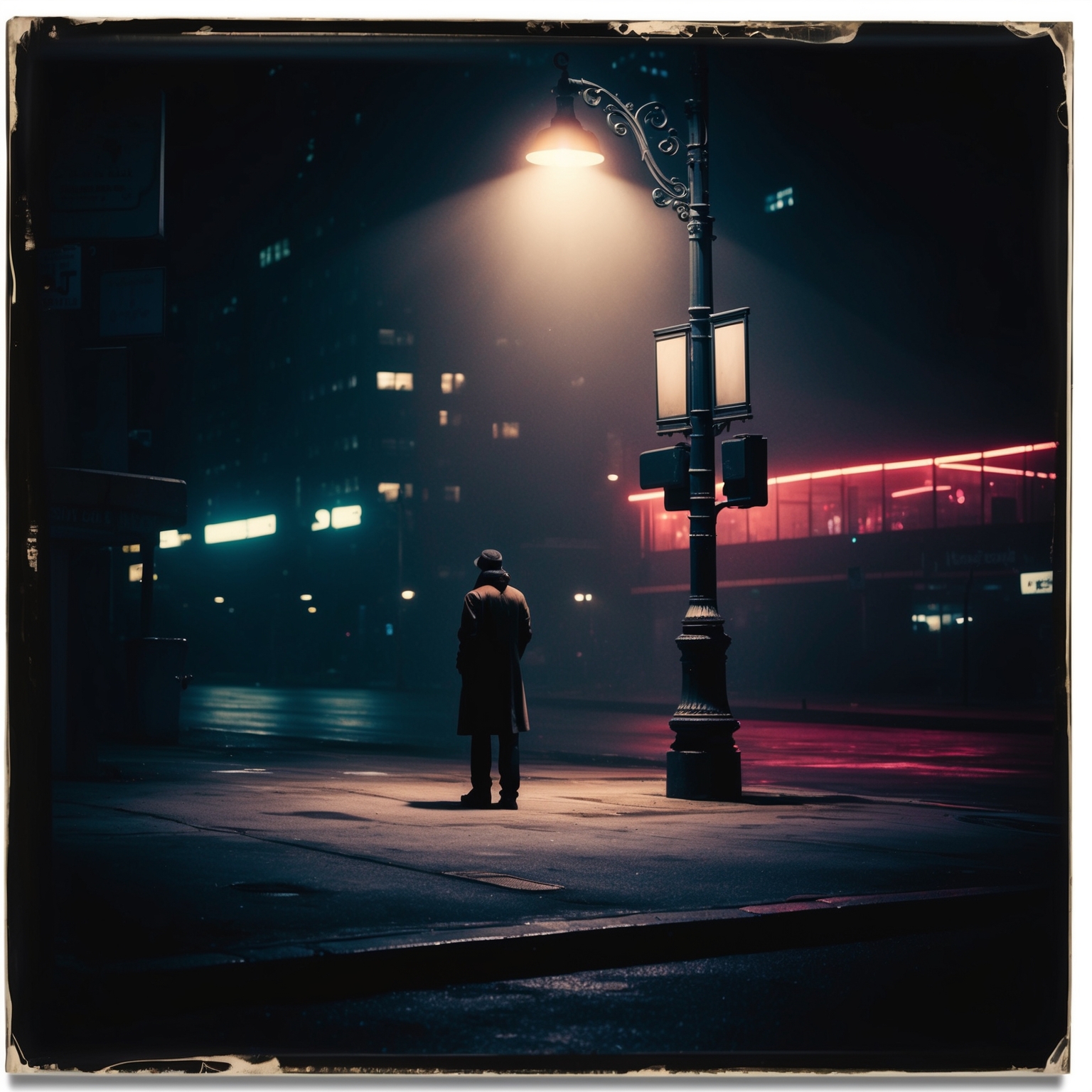
While ‘Roxanne’ by The Police doesn’t have an official music video as commonly recognized today, its lasting influence hasn’t prevented fans and artists from creating vivid visual representations of the song. These fan-made videos and live performance captures, available widely on platforms like YouTube, offer viewers an evocative journey through the narrative Sting so compellingly sings about.
One of the essential elements in these visual creations is the depiction of the song’s central theme – the complex interplay of longing and vulnerability. Many fan videos choose to focus on this narrative, often intertwined with scenes of urban nightlife, where characters navigate the intricate emotions described in the lyrics. Such interpretations enrich the musical experience, adding depth to the atmosphere that the track originally evokes.
The live performances themselves, especially those from the early years of The Police, have also contributed significantly to the song’s enduring popularity. Captured moments of Sting and the band on stage exhibit the raw energy and passion that underscored their performances, further endearing ‘Roxanne’ to numerous fans worldwide. While a traditional music video might never have existed, these visual narratives undeniably sustain and enhance the timeless appeal of the song.
Unveiling the Musical Blueprint of ‘Roxanne’
Explore the technical and musical architecture of ‘Roxanne’ by The Police, highlighting its key, harmonic structure, and instrumental contributions.

‘Roxanne’ is an iconic track by The Police, a band renowned for their innovative sound blending rock, reggae, and jazz influences. The song was released as a single from their debut album ‘Outlandos d’Amour’ in 1978. It is written in the key of G minor, providing a moody and compelling backdrop that perfectly complements its poignant lyrics. The harmony is supported by chords that oscillate between G minor and Eb, creating a push and pull that enhances the emotional tension of the song.
The tempo of ‘Roxanne’ sits around 122 beats per minute, crafting an unforgettable rhythmic groove. Highlighting the song’s unique sound, the bassline is particularly noteworthy, featuring a syncopated pattern that adds a layer of intrigue and rhythm to the track. The melody lines, delivered by Sting’s distinctive voice, weave seamlessly with the instrumentation, creating a memorable musical entity.
Instrumentation is minimal yet profoundly effective, with Andy Summers’ guitar work providing a reggae-inspired off-beat, and Stewart Copeland’s drumming introducing jazz-influenced fills. Such a combination of elements contributes to the track’s distinctive sound. In comparison to other songs by The Police, ‘Roxanne’ stands out as a hallmark of their early style, mixing their raw and emotive elements with a sophisticated musical approach. This song marked a significant evolution in their discography, reflecting the band’s growth and experimentation.
Delving into the Emotional and Lyrical Depths of ‘Roxanne’
An analysis of the lyrical depth in ‘Roxanne’ by The Police, exploring themes of desperation and concern through its narrative and literary devices.
You don’t have to put on the red light
Those days are over
You don’t have to sell your body to the night
Roxanne
You don’t have to wear that dress tonight
Walk the streets for money
You don’t care if it’s wrong or if it’s right
Roxanne
You don’t have to put on the red light
Roxanne
You don’t have to put on the red light
Roxanne (Put on the red light)
Roxanne (Put on the red light)
…
******* This Lyrics is NOT for Commercial use *******
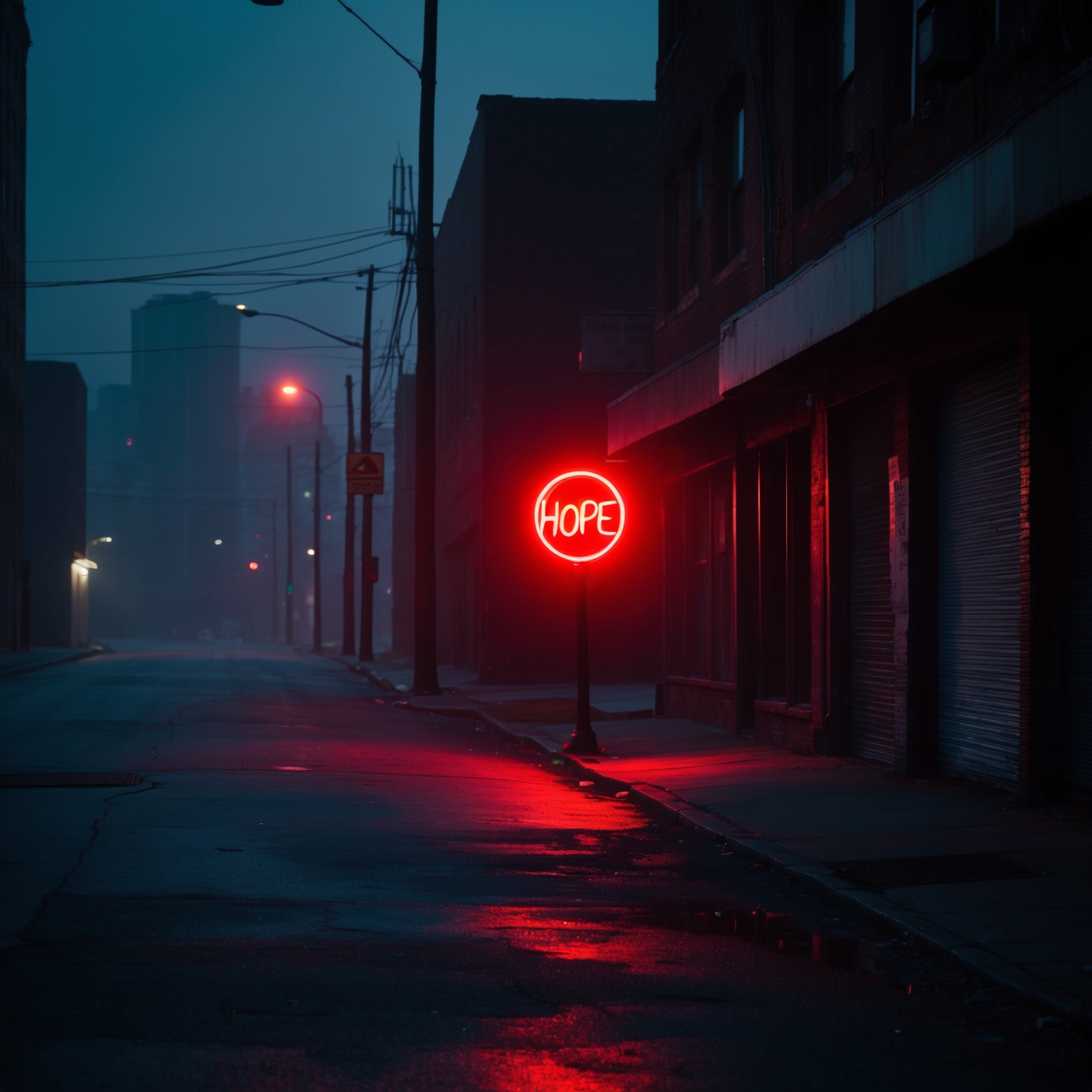
The lyrics of ‘Roxanne’ by The Police, despite their simplicity, are deeply evocative, capturing the sentiments of concern and desperation. This song introduces listeners to Roxanne, a character navigating the complex challenges of street life. The narrative pushes a personal theme, signaling a connection between the narrator and Roxanne, urging her to leave behind a life fraught with hardships. The phrase ‘You don’t have to put on the red light’ serves as both advice and a plea, emphasizing the earnestness of the message.
Exploring the song’s storytelling style, it is primarily written in the second person, creating a direct conversation with Roxanne. The choice of this narrative perspective enhances the song’s intimacy and highlights the narrator’s emotional investment. This narrative choice plays a significant role in sparking an emotional response from the audience, as it feels like they are overhearing a deeply personal plea.
In terms of literary devices, the lyrics use repetition, especially with the name ‘Roxanne’ and the phrase ‘put on the red light.’ This repetition underlines the song’s core message and embeds it into the listener’s mind. The metaphorical ‘red light’ stands as a symbol for prostitution, used effectively to enrich the narrative’s emotional resonance. Compared to other songs of the era or by The Police, ‘Roxanne’ carries its weight through vivid storytelling and an emotionally charged plea, distinguishing itself with its direct approach and strong language imagery.
Did you know ‘Roxanne’ by The Police was initially unsuccessful until it was re-released?
 #MusicTrivia #ThePolice #Roxanne #RockLegends https://bit.ly/3BezhLW
#MusicTrivia #ThePolice #Roxanne #RockLegends https://bit.ly/3BezhLWClick to Tweet

